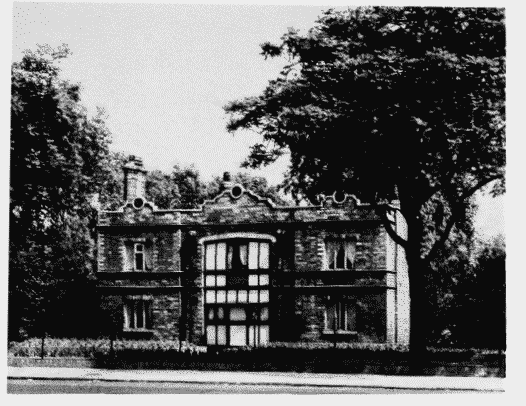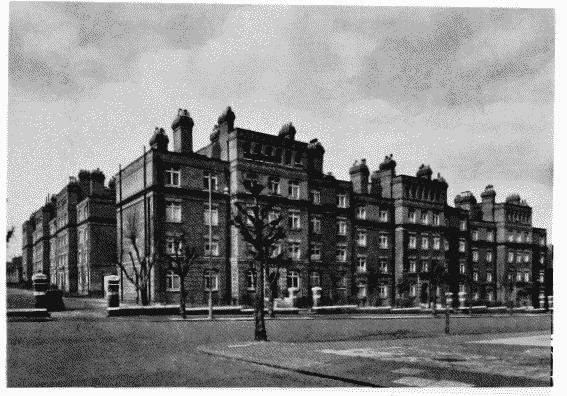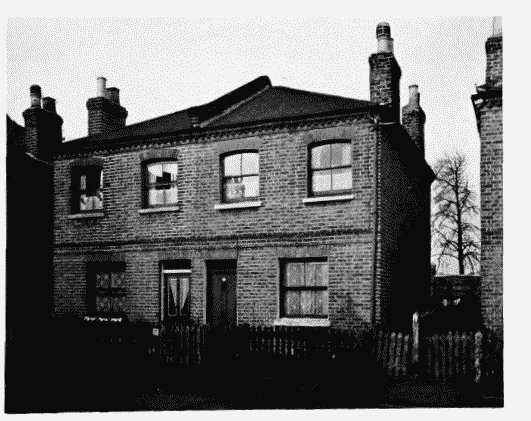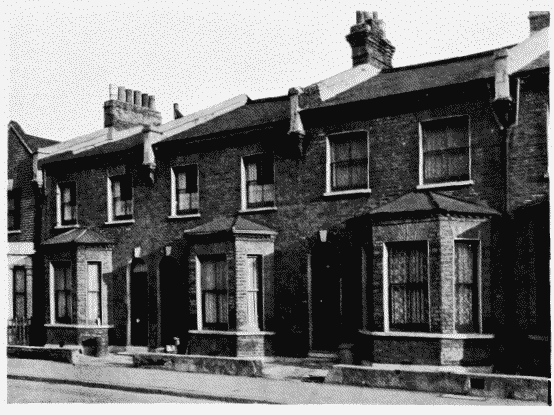Survey of London: Volume 26, Lambeth: Southern Area. Originally published by London County Council, London, 1956.
This free content was digitised by double rekeying. All rights reserved.
'Plate 73: Working class housing', in Survey of London: Volume 26, Lambeth: Southern Area, ed. F H W Sheppard (London, 1956), British History Online https://prod.british-history.ac.uk/survey-london/vol26/plate-73 [accessed 30 April 2025].
'Plate 73: Working class housing', in Survey of London: Volume 26, Lambeth: Southern Area. Edited by F H W Sheppard (London, 1956), British History Online, accessed April 30, 2025, https://prod.british-history.ac.uk/survey-london/vol26/plate-73.
"Plate 73: Working class housing". Survey of London: Volume 26, Lambeth: Southern Area. Ed. F H W Sheppard (London, 1956), British History Online. Web. 30 April 2025. https://prod.british-history.ac.uk/survey-london/vol26/plate-73.
In this section
Working Class Housing
a. Prince Consort's Model Lodge, Kennington Park, 1851-2.

Working class housing
Prince Consort's Model Lodge, Kennington Park, 1851-2.
Henry Roberts, architect (p. 34)
b. Peabody Buildings, Rosendale Road, 1901.

Working class housing
Peabody Buildings, Rosendale Road, 1901.
William Cubitt and Co., architects (p. 185)
c. Nos. 23-9 Dunbar Street, erected by the Lower Norwood Co-operative Building Company, 1865 (p. 173)

Working class housing
Nos. 23-9 Dunbar Street, erected by the Lower Norwood Co-operative Building Company, 1865 (p. 173)
d. Housing in Milkwood Road, 1869-72.

Working class housing
Housing in Milkwood Road, 1869-72.
W. G. Haborshon and A. R. Pite, architects (p. 138)